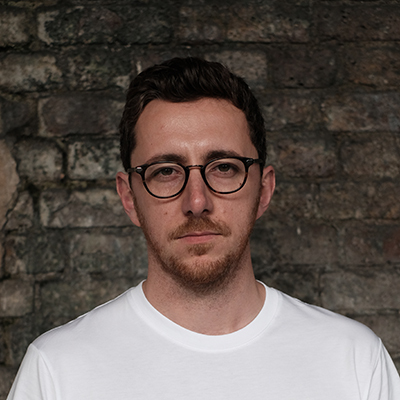In the last decade or so, mindfulness has been one of the revelations in the science of wellness. Researchers have shown that meditative practice can lower stress, reduce blood pressure, improve sleep and promote good mood.
But there's a but, because in science there's almost always a but.
Mindfulness doesn't work for everyone and for some people, it can lead to adverse effects, such as increased anxiety or depression. Which makes sense.
Being present in the moment feels good when the moment in question is generally positive, or neutral. But if you happen to be going through a bad time, mindfulness can serve to increase awareness of your own emotions and exacerbate the psychological problems that come with them.
"I'm drowning here... And you're describing the water!" yells Jack Nicholson in the 1997 film As Good as it Gets. He was talking about his love life, but the sentiment holds for mindfulness, too.
So, when mindfulness means a mind full of negative emotions, what mental tools should we reach for instead?
In 2024, an interesting study compared mindfulness with a different kind of positive mindset: hopefulness.
Researchers at Clemson University and North Carolina State University wanted to know how these different mental states affected people during an unquestionably difficult period.
They spoke to workers in the music industry about their experience of the COVID-19 pandemic. “We deliberately reached out to a group that had been really impacted by the pandemic,” says study author Dr Kristin Scott. “Their work was obliterated for a long time.
“We approached this from the mindset of, what helped these individuals stay the course, stay focused, not totally give up, not fall into depression?”
Read more:
- Why it's time to rethink what happiness really means
- Why do I find it so difficult to switch between tasks?
- What actually causes depression in the brain?
Scott and her colleagues found that hope improved the music workers’ resilience and professional engagement. Mindfulness, in contrast, increased job tensions and stress. It was a stark result that begs another question: what exactly is hope?
It might sound like something passive – a blind faith that things are somehow going to be okay. Scott says that’s not quite right. To be beneficial, hope has to be something active and proactive, strategic and forward-looking.
“It’s quite a goal-oriented mindset,” Scott says. “It’s saying, ‘I don’t know how things are going to go, but I feel that if I do these things and if I stay focused, I think that I can get positive outcomes.’
“You don’t get so caught up in the noise and distractions of the negative. You put that information more in the back of your mind.”

The finding chimes with evidence on the power of optimism. Multiple long-term studies find that optimists live longer, happier lives, and are more likely than pessimists to adopt healthy behaviours.
Scott is keen to stress that although hope led to more positive outcomes in her study, that’s not to say there isn’t a time and a place for mindfulness.
“Mindfulness isn’t bad at all,” she says. “It’s a calming mechanism. And purists would say there’s also mindful acceptance, which is about acknowledging when things are bad, but not letting that get to you. ‘I’ve seen negative stuff and I’m not giving in to that.’
“I think hope just takes it a step further by saying ‘I’m actively going to work around these different barriers.’”
Scott can relate – she needed hope and resilience to get the research published.
“This is humbling to disclose, but this paper was initially rejected, even at conferences. People were defensive or confused about what we were saying about mindfulness. Honestly, for a while we joked that it was the hopeless paper.”
She had another colleague who questioned the idea of false hope, and whether telling people to get their hopes up could be problematic.
“I’ve been thinking more about that too, but in its pure sense, hope is about asking what you can do instead of falling into pure dejection and helplessness. To me, hope is about staying hopeful, no matter what happens.”
About our expert
Dr Kristin Scott is a professor of business management and human resources at Clemson University, USA. Her work has been published in various journals such as Journal of Applied Psychology, European Journal of Work and Organisational Psychology and Personnel Psychology.
Read more:


